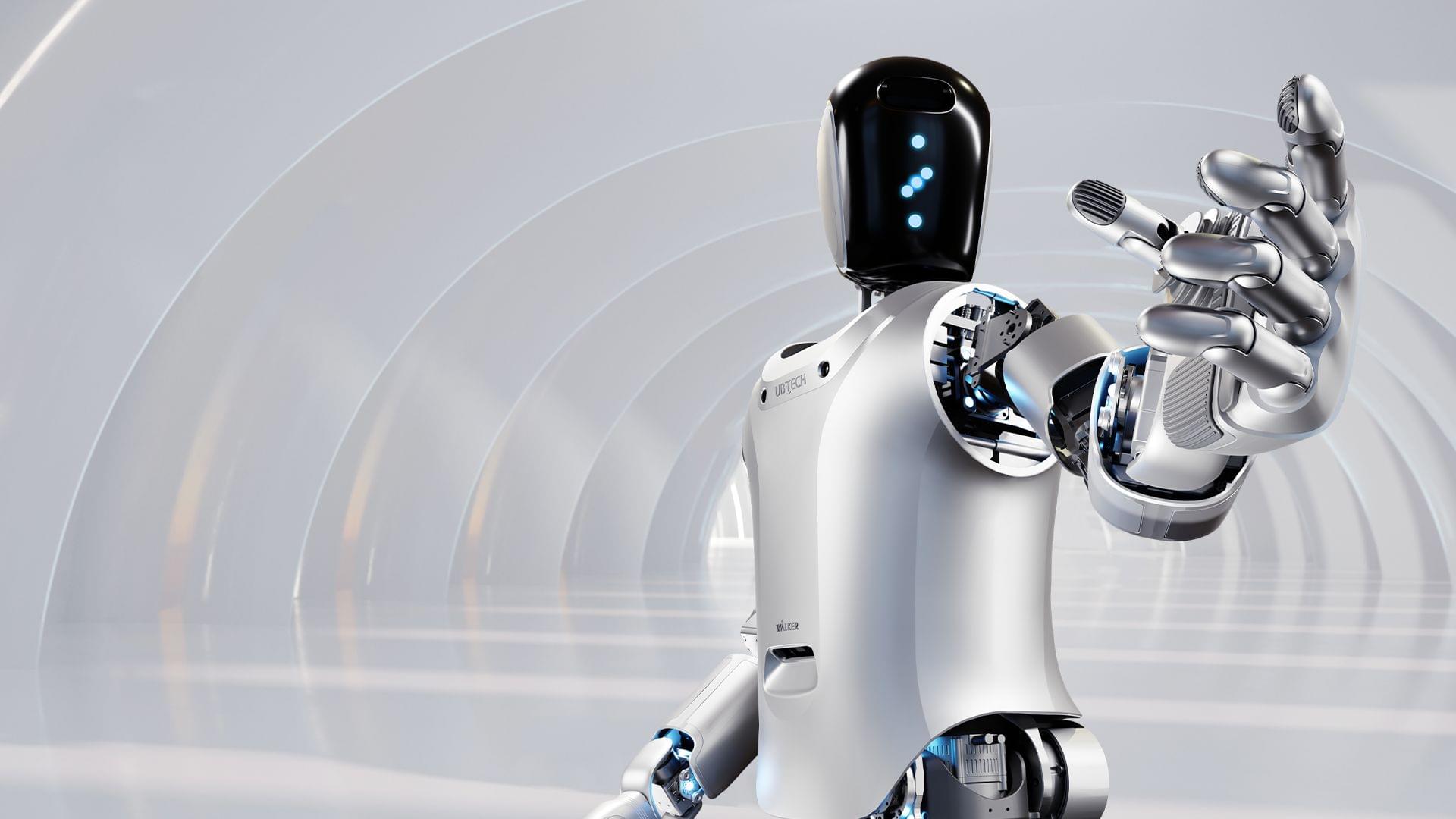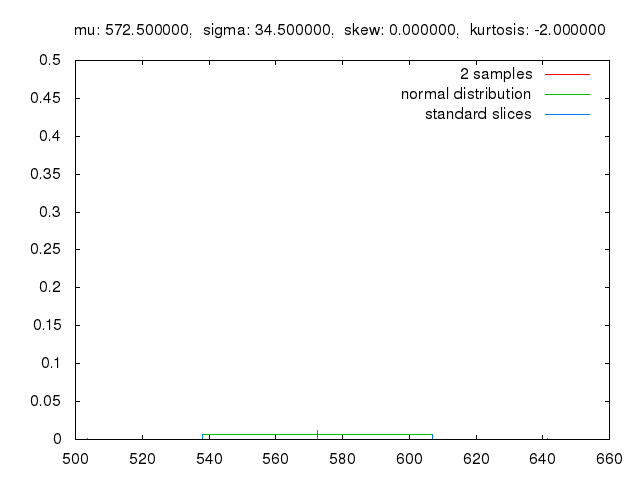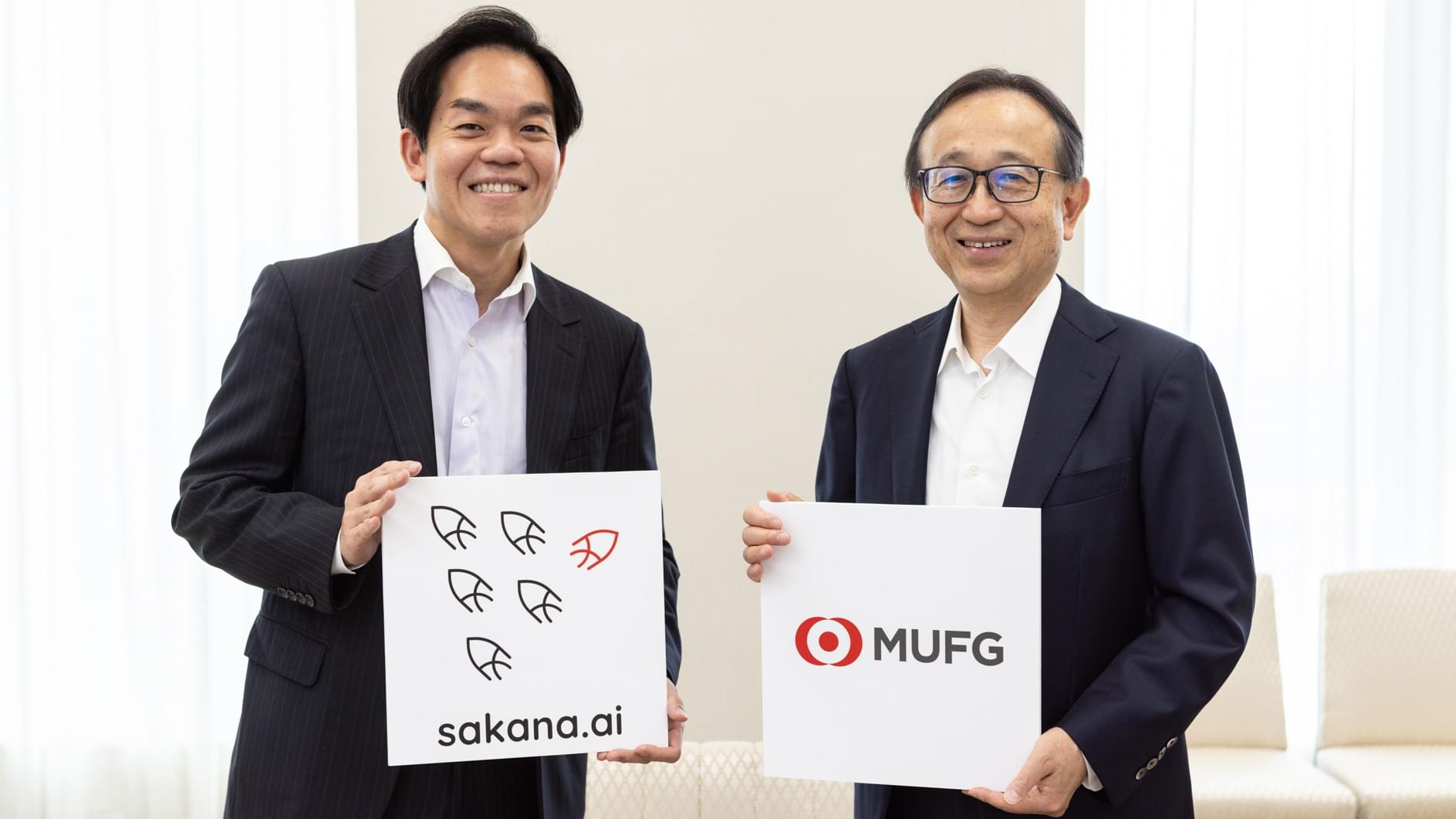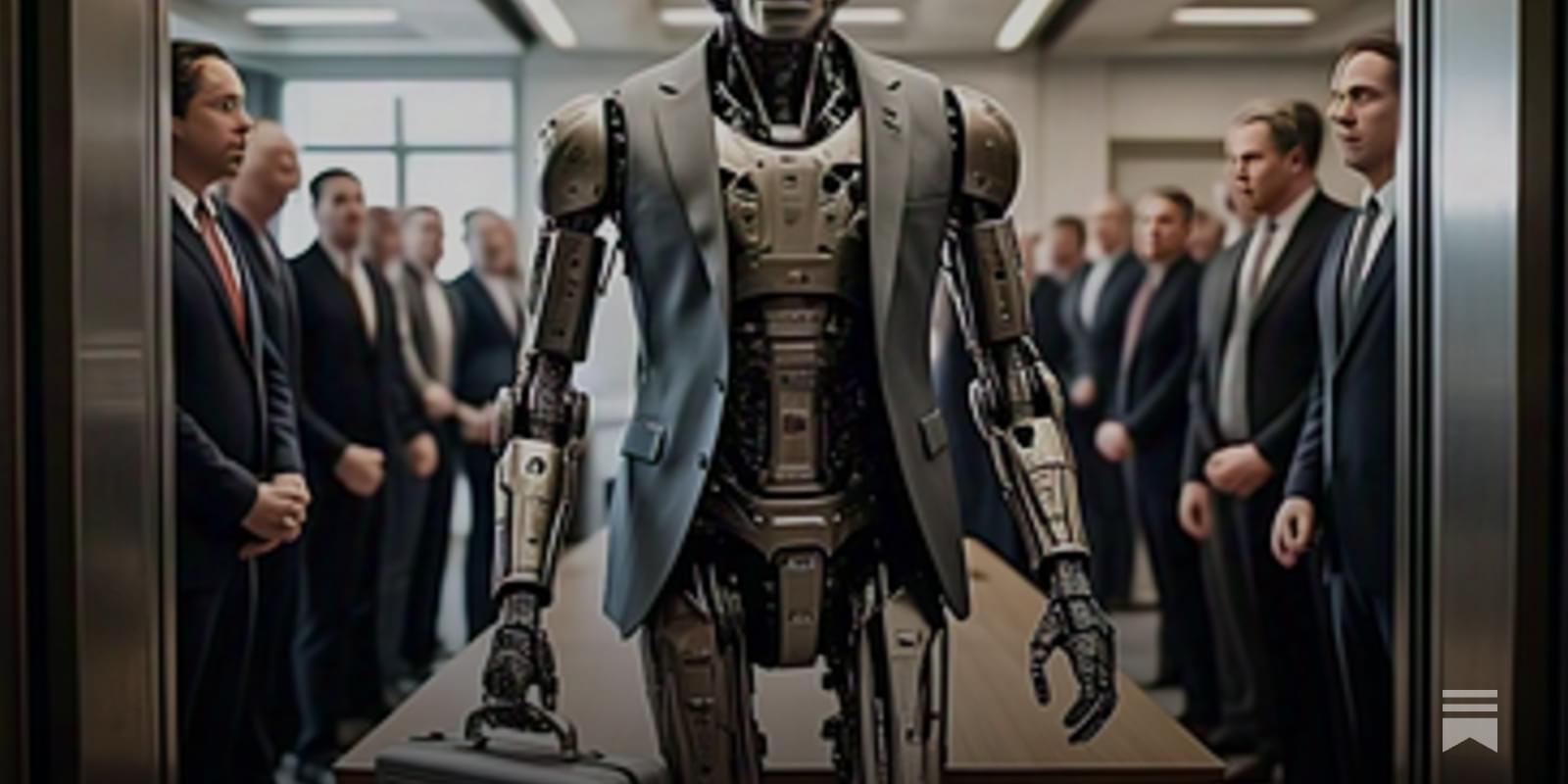Black Basta affiliates use Teams phishing, Python scripts, and cURL to attack finance, insurance, and construction sectors.



Security teams face growing demands with more tools, more data, and higher expectations than ever. Boards approve large security budgets, yet still ask the same question: what is the business getting in return? CISOs respond with reports on controls and vulnerability counts – but executives want to understand risk in terms of financial exposure, operational impact, and avoiding loss.
The disconnect has become difficult to ignore. The average cost of a breach has reached $4.88 million, according to recent IBM data. That figure reflects not just incident response but also downtime, lost productivity, customer attrition, and the extended effort required to restore operations and trust. The fallout is rarely confined to security.
Security leaders need a model that brings those consequences into view before they surface. A Business Value Assessment (BVA) offers that model. It links exposures to cost, prioritization to return, and prevention to tangible value.


If you thought storing data inside DNA was cool, here’s something even more fascinating. Scientists at the University of Texas at Austin (UT Austin) have invented a way to store digital information inside synthetic polymer molecules. In short, they are transforming tiny bits of plastic into memory banks.
They even used their molecular system to encode a complex 11-character password and then decode it using only electrical signals, without any power, and the expensive and bulky tools typically used for reading molecular data.

A joint team of researchers led by scientists at King Abdullah University of Science and Technology (KAUST) and King Abdulaziz City for Science and Technology (KACST) has reported the fastest quantum random number generator (QRNG) to date based on international benchmarks. The QRNG, which passed the required randomness tests of the National Institute of Standards and Technology, could produce random numbers at a rate nearly a thousand times faster than other QRNG.
“This is a significant leap for any industry that depends on strong data security,” said KAUST Professor Boon Ooi, who led the study, which is published in Optics Express. KAUST Professor Osman Bakr also contributed to the study.
Random number generators are critical for industries that depend on security, such as health, finance, and defense. But the random number generators currently used are vulnerable because of an intrinsic flaw in their design.

UBTech’s consumer shift comes as it faces financial strain. The company lost over 1.1 billion yuan ($153 million) last year. Its stock has fallen 45% over the past 12 months in Hong Kong.
Still, Tam welcomes the pressure. “White-hot competition creates a lot of pressure on a single company, but for the whole industry, it helps preserve good companies and eliminate bad ones,” he told Bloomberg.
As humanoid robots inch closer to everyday life, UBTech’s shift to the home market marks a high-stakes bet.

Monte Carlo methods, or Monte Carlo experiments, are a broad class of computational algorithms that rely on repeated random sampling to obtain numerical results. The underlying concept is to use randomness to solve problems that might be deterministic in principle. The name comes from the Monte Carlo Casino in Monaco, where the primary developer of the method, mathematician Stanisław Ulam, was inspired by his uncle’s gambling habits.
Monte Carlo methods are mainly used in three distinct problem classes: optimization, numerical integration, and generating draws from a probability distribution. They can also be used to model phenomena with significant uncertainty in inputs, such as calculating the risk of a nuclear power plant failure. Monte Carlo methods are often implemented using computer simulations, and they can provide approximate solutions to problems that are otherwise intractable or too complex to analyze mathematically.
Monte Carlo methods are widely used in various fields of science, engineering, and mathematics, such as physics, chemistry, biology, statistics, artificial intelligence, finance, and cryptography. They have also been applied to social sciences, such as sociology, psychology, and political science. Monte Carlo methods have been recognized as one of the most important and influential ideas of the 20th century, and they have enabled many scientific and technological breakthroughs.
Kurzweil co-founded Beyond Imagination in 2018 with Harry Floor, a scientist and film producer, to develop autonomous A.I. systems capable of physical labor. The company is building humanoid robots aimed at addressing labor shortages in sectors such as health care and agriculture. Its advisory board includes motivational speaker Tony Robbins, former Qualcomm CEO Paul Jacobs, and former Paramount Pictures CEO James Gianopulos.
Between 2018 and 2019, the startup raised $4.2 million in seed funding and was most recently valued at $25 million, per Crunchbase. Reuters reported that its upcoming valuation could reach $500 million, with Gauntlet Ventures—a Dallas-based venture capital firm—expected to be the sole investor in the new round.

